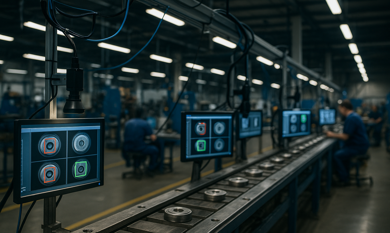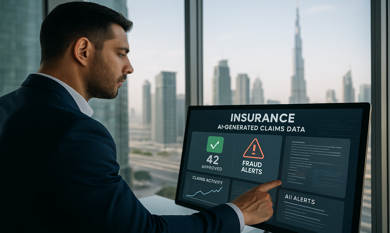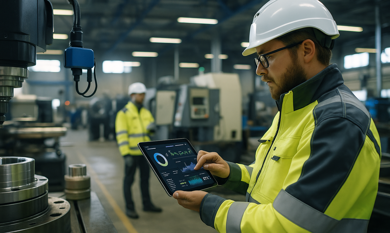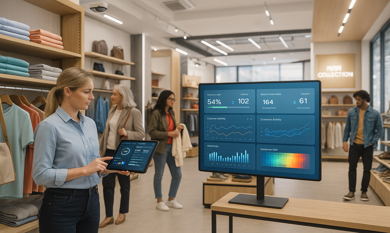Dubai, a city synonymous with technological advancement and innovation, is at the forefront of integrating Internet of Things (IoT) solutions into healthcare. The adoption of IoT in hospitals across Dubai is not just a technological upgrade but a paradigm shift towards more efficient, patient-centered care. This article explores how IoT development is reshaping Dubai hospitals, emphasizing the role of the best app development company in Dubai in driving this transformation.
The Role of IoT in Healthcare
The Internet of Things (IoT) refers to a network of interconnected devices that communicate and exchange data. In healthcare, IoT devices can range from wearable health monitors and smart sensors to advanced diagnostic machines. These devices collect, analyze, and transmit health data in real-time, enabling more accurate diagnoses, timely interventions, and improved patient outcomes.
Key Applications of IoT in Dubai Hospitals
Remote Patient Monitoring: IoT devices enable continuous monitoring of patients' vital signs, such as heart rate, blood pressure, and glucose levels. Wearable devices and smart sensors collect data and transmit it to healthcare providers in real-time. This continuous monitoring is particularly beneficial for managing chronic conditions and post-operative care, reducing the need for frequent hospital visits.
Smart Hospital Infrastructure: IoT technologies are transforming hospital infrastructure in Dubai. Smart beds equipped with sensors can monitor patient movement and adjust positions to prevent bedsores. IoT-enabled environmental controls ensure optimal temperature, humidity, and lighting, creating a comfortable environment for patients and staff.
Asset Tracking and Management: IoT solutions facilitate efficient tracking and management of hospital assets, such as medical equipment and supplies. RFID tags and IoT sensors can locate equipment in real-time, reducing the time staff spend searching for devices and ensuring that critical equipment is always available when needed.
Enhanced Patient Experience: IoT technology enhances the patient experience by providing personalized care. Smart devices can track patients' preferences and needs, offering tailored recommendations for diet, exercise, and medication. Furthermore, mobile apps developed by the best app development company in Dubai can integrate with IoT devices to offer patients seamless access to their health data and appointment schedules.
Predictive Maintenance: IoT technology enables predictive maintenance of medical equipment. Sensors can detect early signs of wear and tear, prompting timely maintenance before equipment failures occur. This reduces downtime and ensures that medical devices are always operational, which is critical for patient care.
The Role of App Development Companies
The integration of IoT in healthcare relies heavily on sophisticated software solutions. The best app development company in Dubai plays a crucial role in creating these solutions. These companies develop applications that interface with IoT devices, providing a platform for data collection, analysis, and real-time communication.
Developing User-Friendly Interfaces: To make IoT solutions accessible to healthcare providers and patients, app development companies create user-friendly interfaces. These interfaces allow users to easily interact with IoT devices, view real-time data, and receive alerts and notifications.
Ensuring Data Security and Privacy: With the increasing amount of sensitive health data being transmitted through IoT devices, ensuring data security and privacy is paramount. The best app development company in Dubai employs advanced encryption and security protocols to protect patient data from breaches and unauthorized access.
Integrating AI and Machine Learning: App development companies in Dubai are leveraging artificial intelligence (AI) and machine learning to enhance IoT applications. These technologies can analyze vast amounts of data, identifying patterns and trends that can inform clinical decisions and predict patient outcomes.
Customization and Scalability: Every healthcare facility has unique needs, and app development companies provide customized solutions to meet these requirements. Additionally, they develop scalable applications that can grow with the expanding needs of hospitals, ensuring long-term viability and efficiency.
Success Stories and Impact
Several hospitals in Dubai have successfully integrated IoT solutions, showcasing the significant impact of this technology on healthcare delivery.
Dubai Health Authority (DHA): The Dubai Health Authority has implemented IoT solutions across its network of hospitals. Remote patient monitoring systems have improved the management of chronic diseases, reducing hospital readmissions and enhancing patient quality of life.
Smart Hospitals Initiative: As part of Dubai's Smart Hospitals Initiative, several hospitals have adopted IoT technologies to create more efficient and patient-centric facilities. Smart beds, predictive maintenance systems, and real-time asset tracking have streamlined operations and improved patient care.
Al Zahra Hospital: Al Zahra Hospital in Dubai has integrated IoT devices for remote monitoring and personalized patient care. The hospital's partnership with the best app development company in Dubai has resulted in a comprehensive mobile app that connects patients with their healthcare providers, offering real-time health data and telemedicine services.
The Future of IoT in Dubai Healthcare
The future of IoT in Dubai healthcare looks promising, with several trends set to further enhance the sector:
Expansion of Telemedicine: The integration of IoT with telemedicine will expand access to healthcare services. Patients can consult with doctors remotely, using IoT devices to transmit health data during virtual appointments. This is particularly beneficial for patients in remote areas or those with mobility issues.
AI-Driven Diagnostics: Combining IoT with AI will lead to more accurate and timely diagnostics. AI algorithms can analyze data from IoT devices to detect anomalies and diagnose conditions at an early stage, improving patient outcomes.
Smart Wearables: The development of advanced smart wearables will provide continuous health monitoring, offering real-time insights into patients' health status. These devices will become more sophisticated, integrating seamlessly with hospital systems and providing valuable data for personalized care.
Blockchain for Data Security: Blockchain technology will enhance the security and transparency of health data management. Integrating blockchain with IoT systems will ensure that patient data is securely stored and accessed, reducing the risk of data breaches.
Conclusion
IoT development is revolutionizing healthcare in Dubai, creating smart hospitals that offer enhanced patient care, improved operational efficiency, and significant cost savings. Theta Technolabs, the best app development company in Dubai is at the forefront of this transformation, developing sophisticated applications that harness the power of IoT to deliver cutting-edge healthcare solutions.
As IoT technology continues to evolve, its integration into healthcare will only deepen, promising a future where smart, connected hospitals are the norm. This advancement not only positions Dubai as a leader in healthcare innovation but also sets a benchmark for other cities worldwide to follow. The collaboration between healthcare providers and app development companies will be crucial in realizing this vision, ensuring that the benefits of IoT are fully leveraged to improve patient care and outcomes.



_Hero_Smart%20Solutions%20for%20Healthcare.avif)










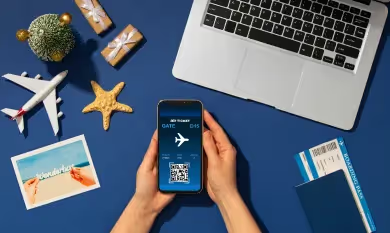

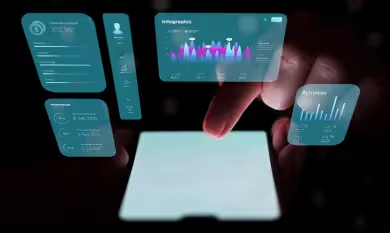
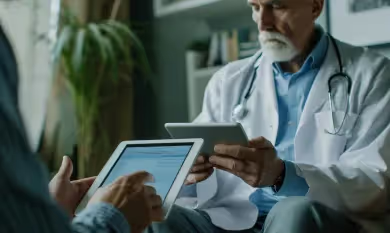
_Computer%20Vision-enabled%20Web%20and%20Mobile%20Interfaces%20for%20Mall%20Management%20in%20Dubai_Q1_In_24.avif)
_Smart%20Solutions%20for%20Healthcare_%20How%20IoT%20Development%20is%20Reshaping%20Dubai%20Hospitals_Q1_In_24.avif)
_Automated%20Checkout%20Systems.avif)
_Smart%20Manufacturing%20in%20Dubai_%20How%20AI%20is%20Driving%20Efficiency%20and%20Innovation_Q1_In_24.avif)

_Understanding%20the%20Impact%20of%20AI%20and%20Machine%20Learning%20on%20Fintech%20Web%20Apps%20in%20Dubai_Q2_24.avif)
_Explore%20the%20Best%20Cross-Platform%20App%20Development%20Frameworks%20of%202024_Q3_24.avif)
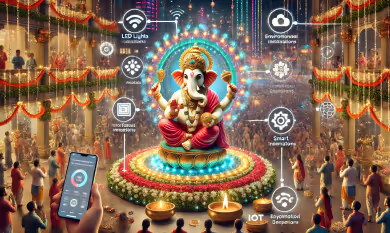

_Top%20Benefits%20of%20Cloud%20Computing%20for%20All%20Business%20Sectors_Q2_24.avif)
_Integrating%20IoT%20with%20Mobile%20Apps%20for%20Advanced%20Renewable%20Energy%20Solutions_Q2_24.avif)

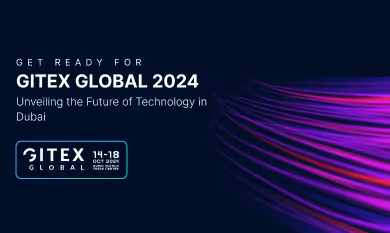
_The%20Transformative%20Role%20of%20Open%20Banking%20APIs%20in%20Fintech%20for%202024_Q3_24.avif)
_Choosing%20the%20Right%20Computer%20Vision%20Development%20Partner%20in%20Ahmedabad%20for%20Construction_Q3_24.avif)
_Node.js%20and%20Blockchain_%20A%20Perfect%20Pair%20for%20Fintech%20Innovation%20in%20Dubai_Q3_24.avif)
_How%20AI%20Development%20Companies%20in%20Ahmedabad%20are%20Transforming%20the%20Shopping%20Experience_Q4_25.avif)
_How%20IoT%20Can%20Reduce%20Energy%20Costs%20in%20Smart%20Factories_Q4_25.avif)

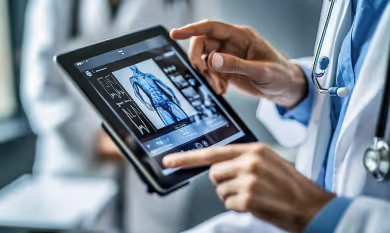

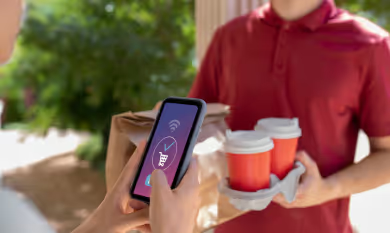


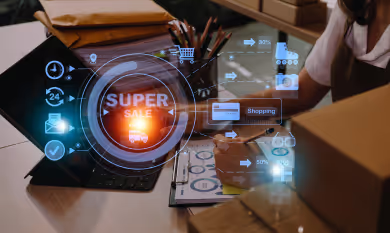





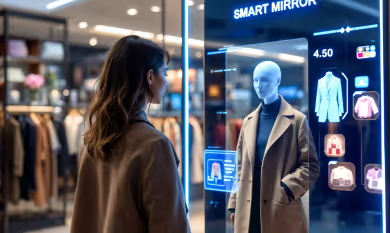
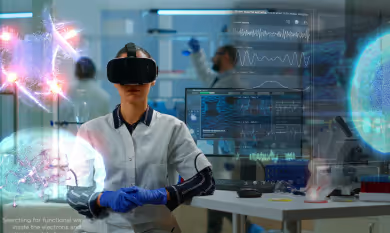
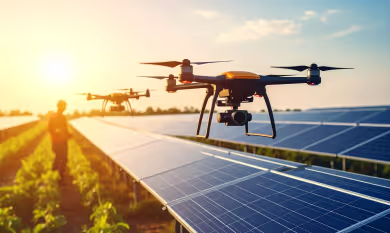






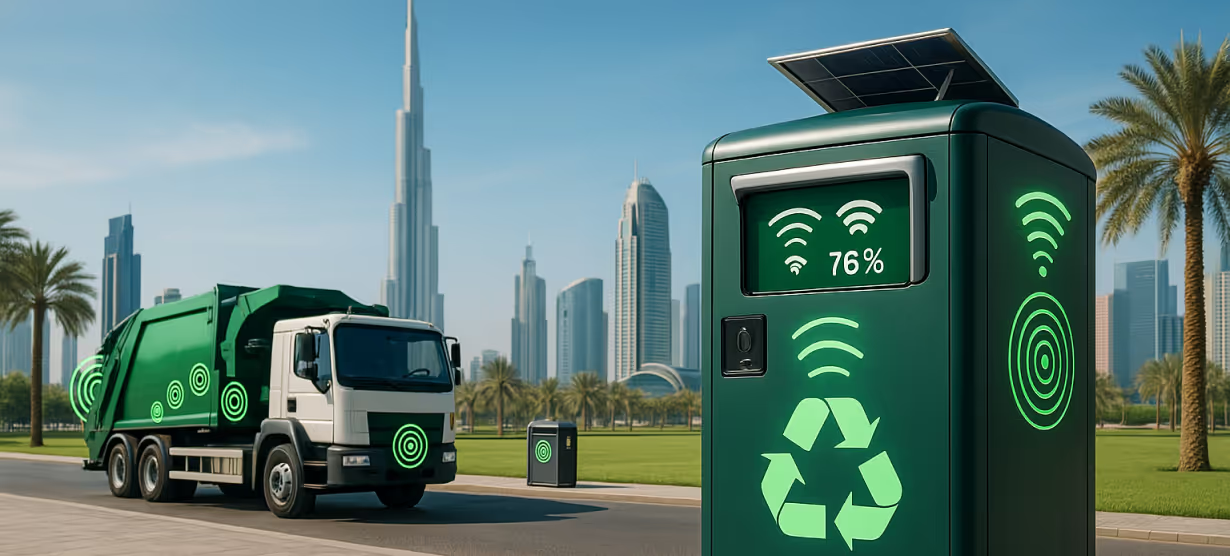
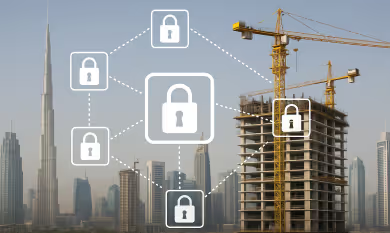
.avif)
.avif)
.avif)

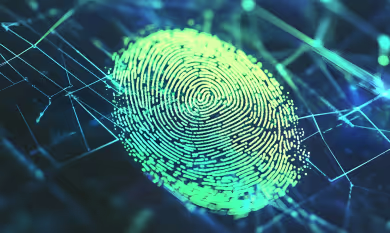
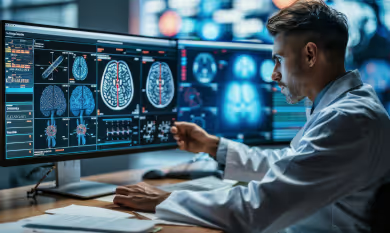


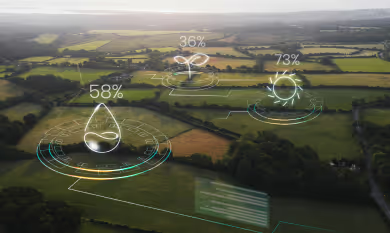

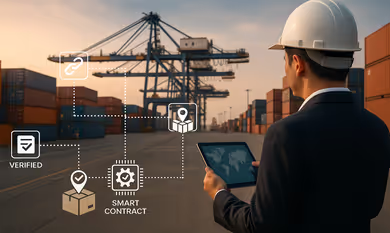
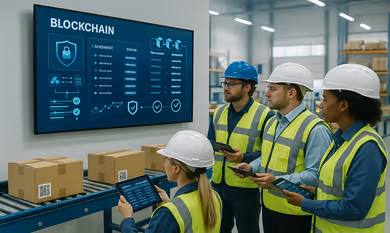





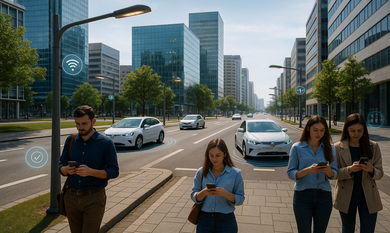
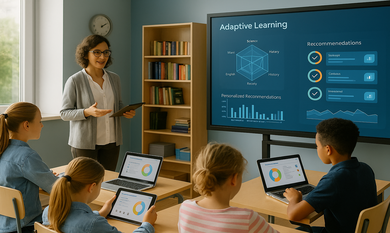

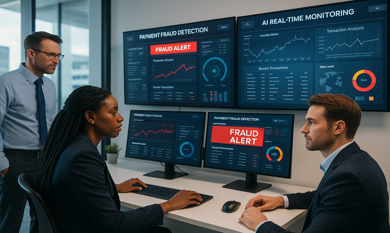

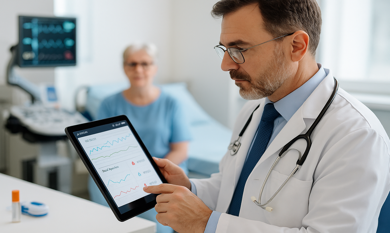
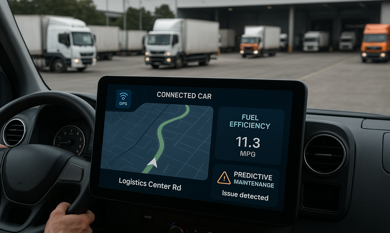
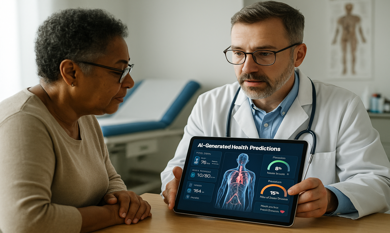
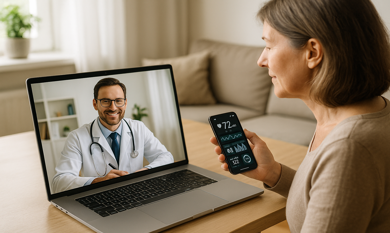
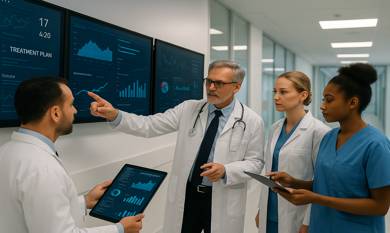

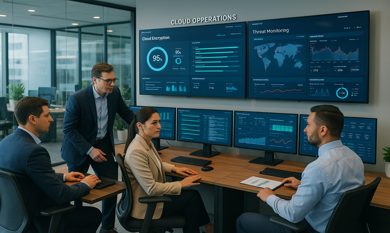

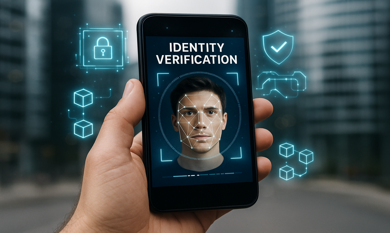



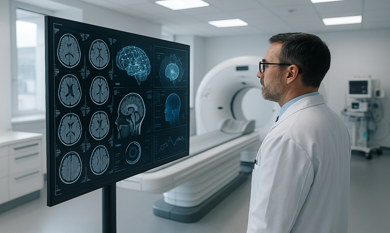
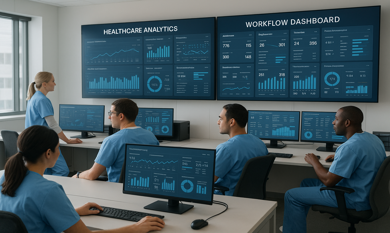
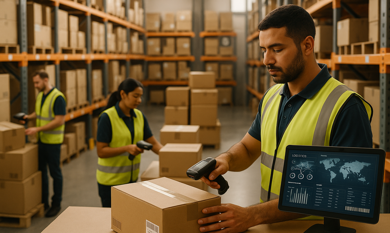
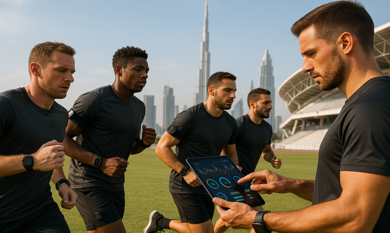


.png)


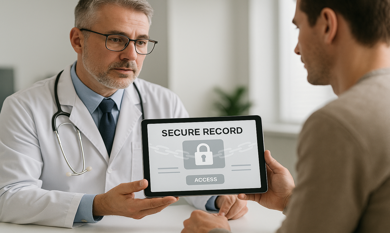


.png)
